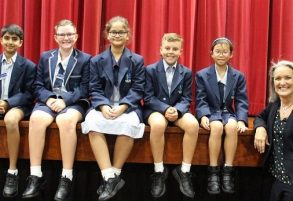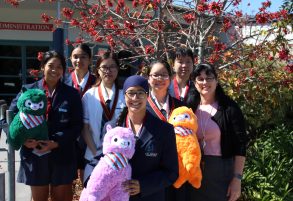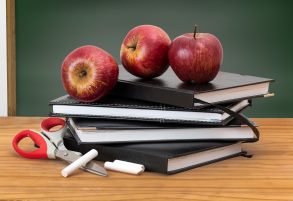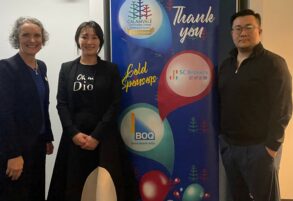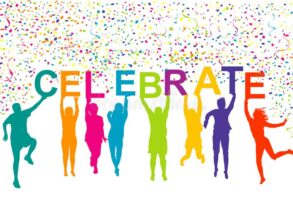Action in the Primary Years Program
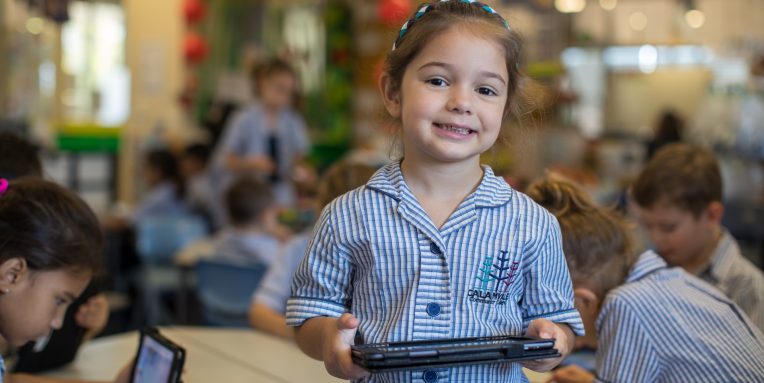
“If it is to be it’s up to me”
(William H Johnsen)
The first newsletter article for 2019 discussed ‘agency’ as being one of the key focus areas of the International Baccalaureate (IB) Enhanced Primary Years Program (PYP). Agency relates to the space for student voice and choice in their learning.
At the core of student agency is ‘action’ and this has always been, even more so now with the Enhanced PYP, integral to the program and an overarching outcome of international-mindedness. Through taking individual and collective action, students will come to understand the responsibilities associated with being internationally minded and appreciate the benefits of working with others for a shared purpose. It is through action that students see that they have the power to make a difference and see themselves as being capable and active agents of change.
Demonstrations of action can include:
- participation – contributing as individual or group
- advocacy – action to support social / environmental / political change
- social justice – relation to rights, equality and equity, social well-being and justice
- social entrepreneurship – innovative, resourceful and sustainable social change
- lifestyle choices – eg. consumption, impact of choices.
A focus on ‘action’ in learning, brings to the forefront the imperative questions: ‘Why is this knowledge important to know? How is this knowledge going to help me / others in the future?’ As teachers plan units of inquiry they consider what the overarching ideas are and how exploring these lend themselves to the possibility of students taking action. Some units of inquiry have an explicit and obvious focus on action (eg. proposing environmentally sustainable actions) where others rely on a student making their own connections with new knowledge, motivating them to take personal action in respect to their learning (further researching an area of interest and sharing this with the class).
Action can be big and it can be small, at school, home and in the community. Regardless, students can be supported through the process and in all cases, taking action should be recognised and celebrated. Students need to be taught the steps and perseverance that is often required in taking action. The action cycle is a simple yet powerful tool used to teach students how to take action. By going through the three steps of choosing, acting and then reflecting back upon the results of their choice, students are able to grow socially and personally, developing skills such as cooperation, problem solving, conflict resolution and critical thinking. They also exhibit their commitment to the Attributes of the IB Learner Profile. This is an important part of a student’s participation in their own learning.
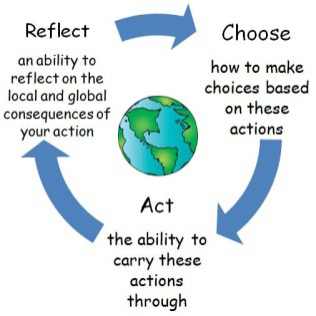
There are many examples of action across the Junior School, big and small examples of students taking their knowledge further and applying it in real life situations. Last year, a group of Year 2 students successfully advocated for the banning of plastic straws at tuckshop. Recently, as Year 6 students presented their learning in an exhibition style, many students took action through their high level of participation and initiative, to ensure that they effectively communicated their knowledge to an audience. Here are some of the responses to this action by our College Administration Team:
I always love visiting student exhibitions to see students demonstrating their curiosity and learning. Year 6’s exhibition on Thursday of Week 8 was a wonderful experience. Students had chosen a vast selection of different influential people in world history, and I learnt a lot from observing and speaking to the students about their chosen subjects. From civil rights activists to influential sportspeople, the variety was the highlight for me. Most importantly, seeing the pride on students’ faces when articulating their learning, for me, is the best part of PYP in action. I look forward to students sharing more of their learning experiences with me as the year progresses.
Sean Loriaux, Deputy Principal
It’s great seeing the students becoming more able researchers and inquirers. They are developing their ability to present and communicate their understanding in different ways, which will only continue to grow throughout the year.
Deb Kelly, Deputy Principal



